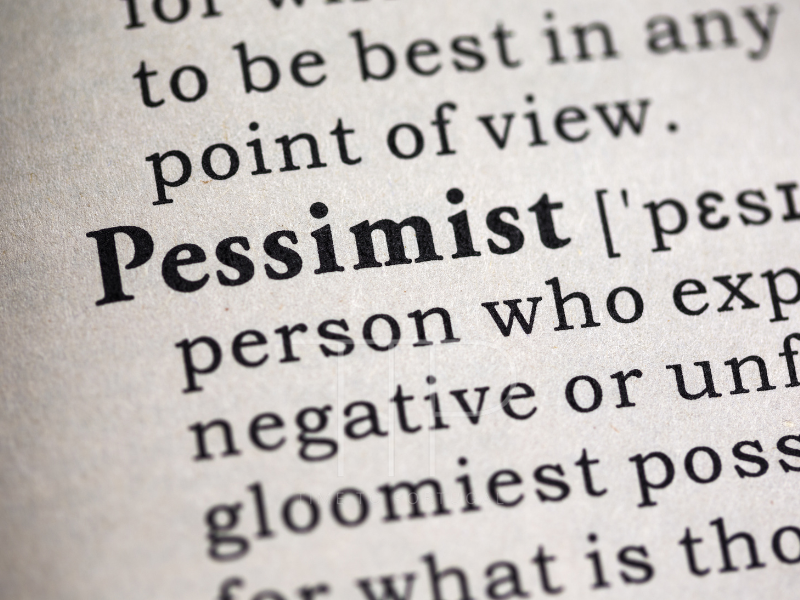Portugal is the fifth most pessimistic country in the world about 2024 and the country that sees it as a year of greater economic difficulty. These are some of the main results of the Gallup International Association’s (GIA) New Year study, carried out in 41 countries worldwide, and in Portugal by Intercampus.
The study shows that 63% of Portuguese respondents believe that 2024 will be a year of difficult economic prosperity, 19% think it will be identical to 2023 and 17% believe it could be a financially prosperous year. Globally, the majority also expect economic difficulties rather than prosperity next year, although the peak of economic pessimism has passed with COVID-19.
Although expectations show some signs of relief, these are rather weak and the European Union remains among the most pessimistic places. 39% of those surveyed globally expect a year of more economic difficulties, nine points lower than in 2022. Expectations of prosperity or at least the absence of change, on the other hand, indicate some increase, but pessimism still prevails.
Expectations for the year 2024 also show the discouragement of the Portuguese: only 29% of national respondents say they feel optimistic about 2024, while 44% believe we won’t have a better year, a figure higher than the global average.
Two out of five respondents worldwide expect a better year and one in four expect a worse one. Around 30% expect the same year as the previous one. Germany, the United States and Russia are some of the countries that have shown a slight improvement in expectations compared to the end of 2022, although they remain concerned.
Eight out of ten citizens on all continents fear a possible nuclear war, assessing the risk as moderate or high. For the Portuguese, this is another concern in 2024, with 53% considering that there is currently a high risk of nuclear weapons being used, 41% considering that this risk is moderate and only 3% of national respondents considering that there is no risk.
Compared to the previous year, at a global level, nuclear fears for 2024 show no significant reduction. Two-fifths of those interviewed now see a high risk of nuclear weapons being used. Almost the same proportion assess a moderate risk and only 14% see no risk. The remaining respondents were unable to answer.

